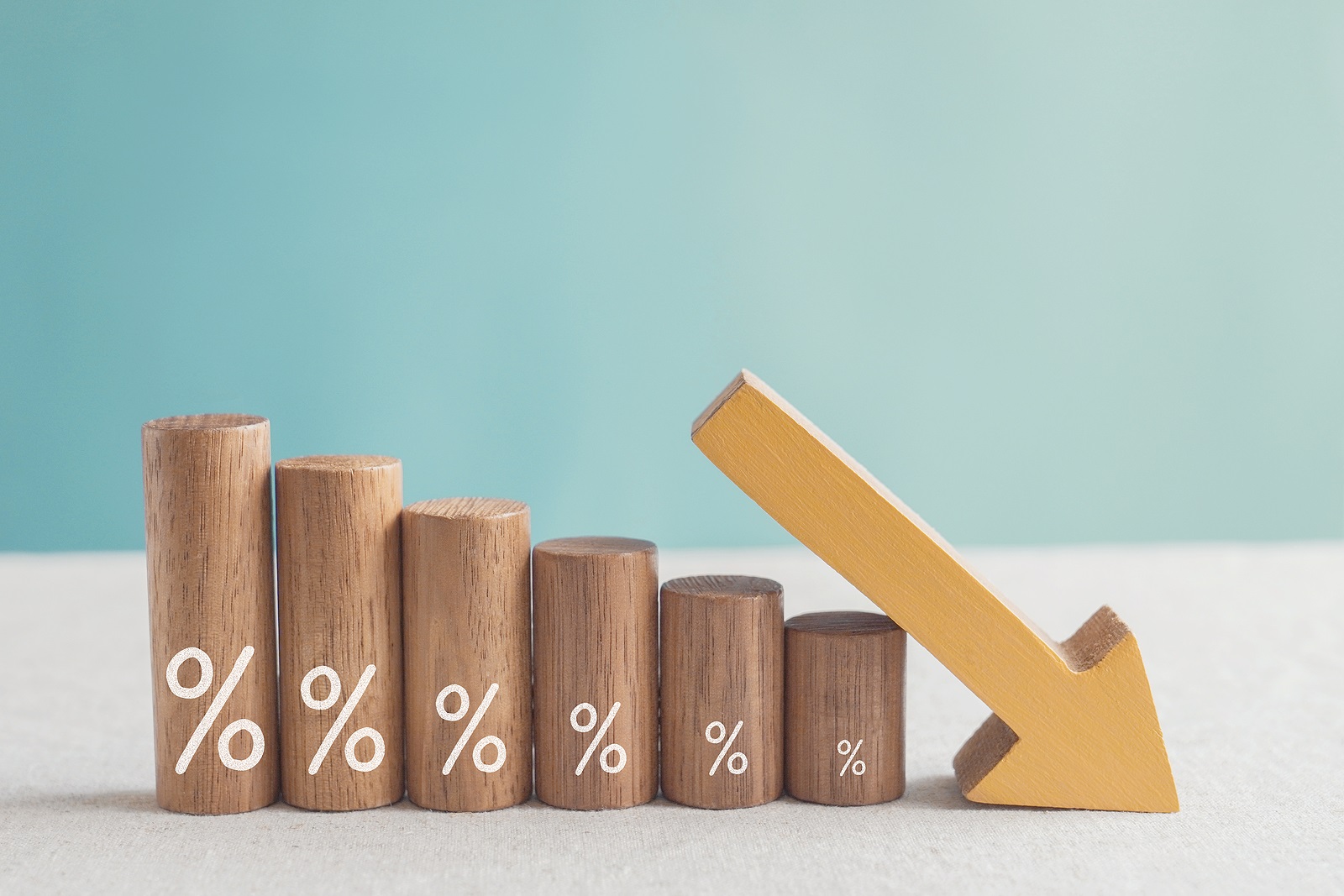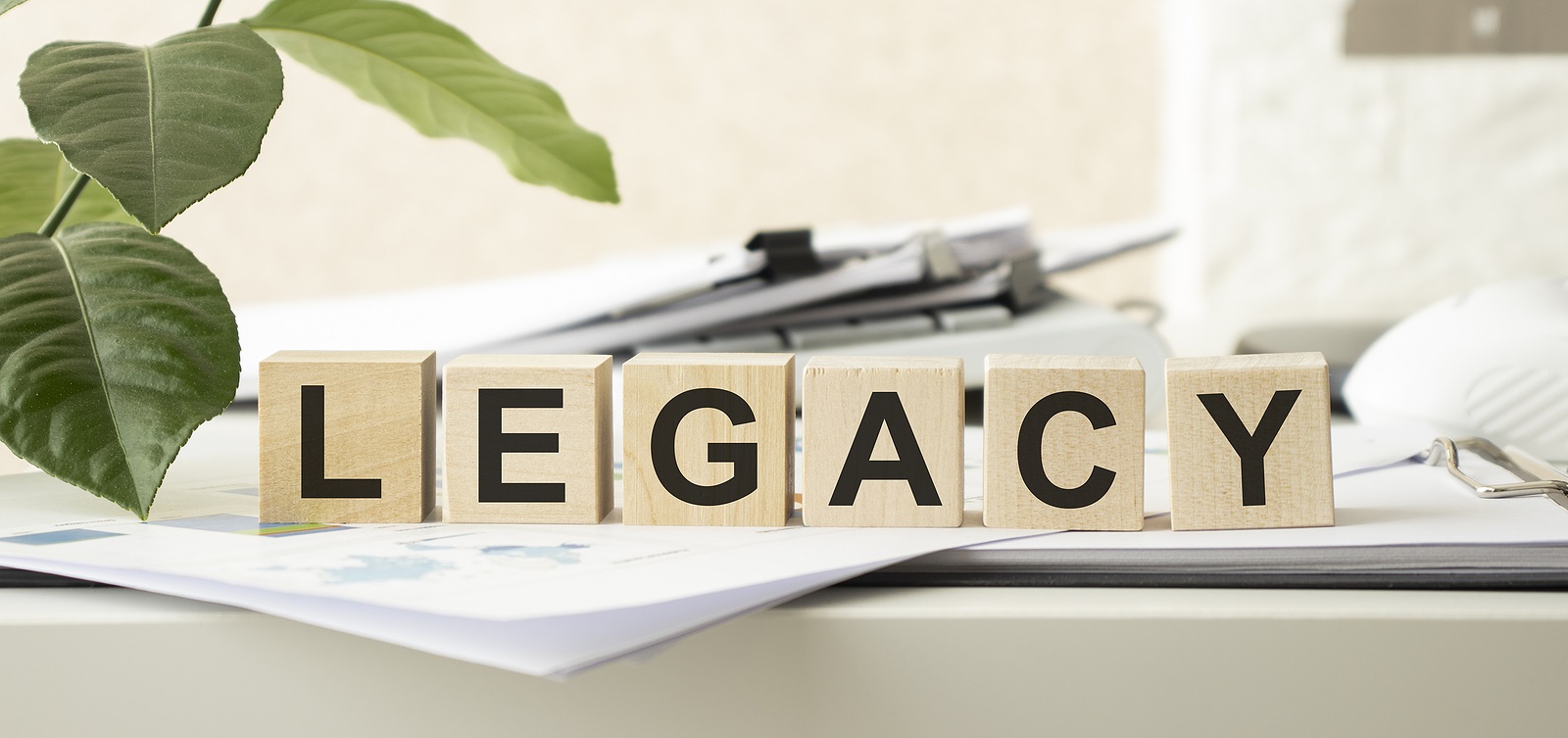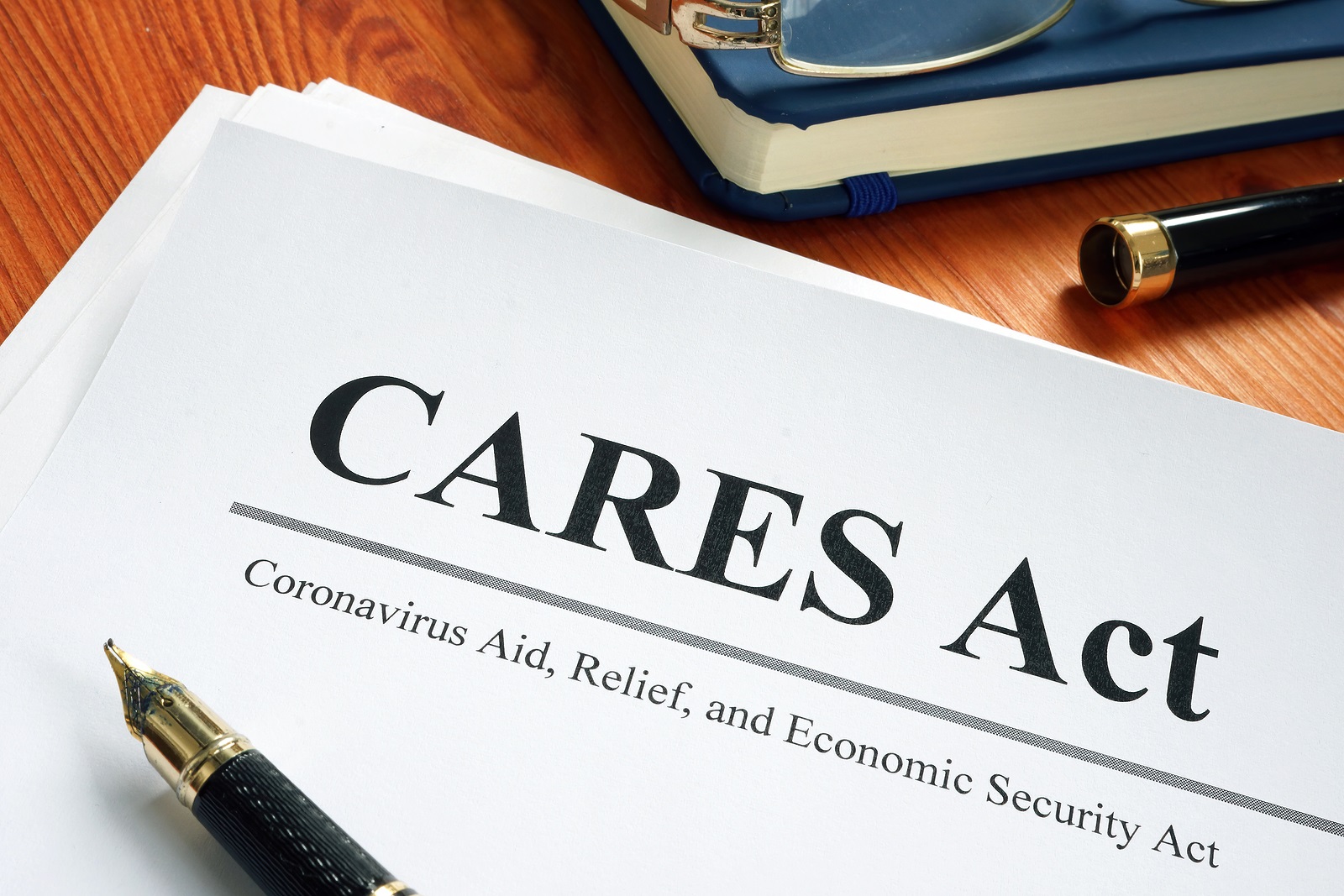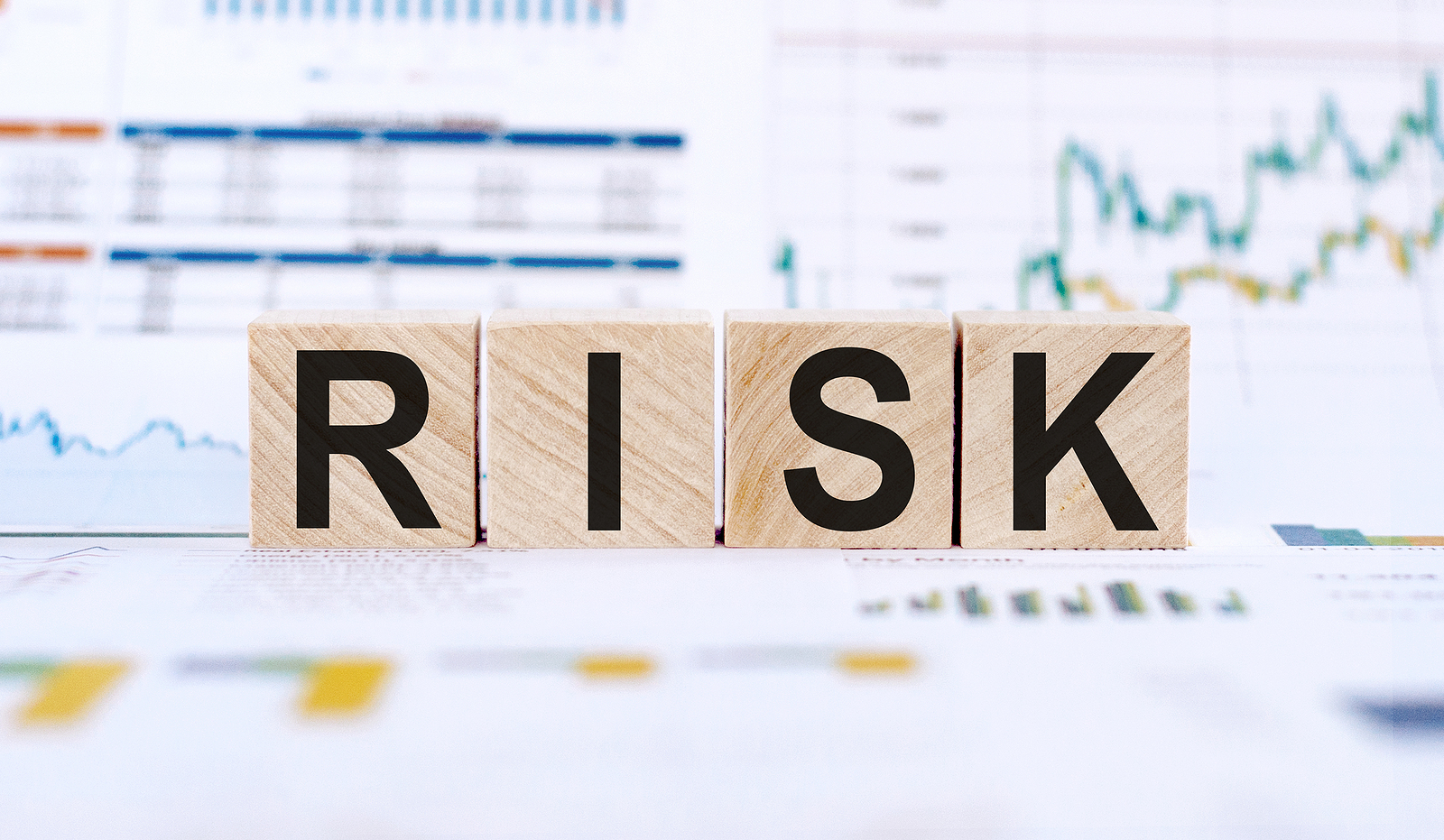News
Avoid Covid-19 Medicare Scams
Older Americans on Medicare have become the focus of criminals. According to government officials, they are now utilizing various fraud schemes associated with the coronavirus pandemic. The common goal of these criminals is to get an older person’s money or Medicare number. In recent months, the Department of Health and Human Services Office of Inspector General has received over 1,400 fraud complaints associated with Covid-19. The office also acknowledges that many frauds often go unreported. This is because the victims are too embarrassed or they may not know how or where to report what happened to them.
Avoid Getting Ripped Off
There are two things older Americans need to remember to avoid being ripped off.
*Medicare does not contact its clients and ask them for their Medicare number. It already has their Medicare number. They won’t ask for any other sensitive information like a credit card number.
*Medicare won’t contact a client out of the blue with a social media post, text message, phone call, or email. Any unsolicited communications from Medicare is a sign of a scammer.
Script By Phone
It is recommended for individuals to have a script near their phone. This is an important tool that can be used to shut down scammers. It could be a simple statement that a person doesn’t give out their personal information to any type of unsolicited call. Should the caller claim to be from a doctor’s office, a person should contact their doctor’s office with a phone number they know is real.
Medicare Contact
Older Americans need to realize that Medicare works in many ways like a private-sector insurer. It will commonly contact its clients by mail. If a person has not initiated contact with a Medicare representative, they should realize that getting a random phone call from Medicare just won’t happen. If anyone believes they are experiencing Medicare fraud involving Covid-19 they can report it online. They can also call 800-447-8477.
Information
Data that someone can use to identify a person is known as Personally Identifiable Information (PII). This includes such things as email addresses, Social Security numbers, financial account numbers, driver’s license numbers, and more. One of the most effective ways to avoid being scammed when contacted by a person claiming to be from Medicare is to hang up on them.
Scams
There are various scams associated with Covid-19 that focus on older Americans.
*Facebook Accounts – Older Americans are having their Facebook accounts hijacked. When this is done, another person will pose as someone who has received an HHS grant because of the Covid-19 pandemic. The amounts could be up to $15,000. The HHS does issue grants but only to researchers.
*Scammers have contacted older Americans and told them they are eligible for a Covid-19 Wellness Kit. It would have face masks, hand sanitizer, and more. Some were promised a Covid-19 test kit they could use in their home. Others were offered additional Medicare coverage. All of these items came with a price and nothing was delivered.
*Scammers have gone to the home of older Americans and administered Covid-19 tests that are fake. Some have also had fake drive-through test sites. There have also been fake cures and treatments provided.
*Scammers have called and posed as hospital or medical employees. They then tell older Americans their doctor wants to test them for Covid-19. These scammers will claim to be setting up an appointment that is fake and will require a copay be given in advance by credit card.
Older Americans should be suspicious of any unexpected visitors or callers. They should never respond to a text message about Covid-19 or open any hyperlinks. On social media, any sites that provide offers or ads about Covid-19 testing should be ignored. Ignore anyone pretending to be a Covid-19 contract tracer. Real contact tracers never request a person’s financial information or Medicare number. Following these suggestions is a big step toward avoiding being scammed by a criminal.
Planning For Retirement In The “New Normal”?
The world of COVID-19 is, at least for the foreseeable future, the new normal of society. That means that there’s no time to slow down on retirement investing, as those same deadlines are coming up as quickly as ever. Below are some of the most important things to keep in mind during this unusual era.
Look at Your Estate Plan
With the uncertainty of the times, it does make sense that many would start thinking about what could happen with their families if a worst-case scenario was to occur. While you may not need to panic, taking the time to update your estate plan is a sensible way to deal with the current state of the world. Take a look at your current plan, determine if it makes sense for the current atmosphere, and then make the changes that will help you to feel the most comfortable going forward.
Fund What You Can, When You Can
The IRS has once again increased the amount of money you can put into your retirement account each year, with the total contribution limit raised to $19,500 for 2020. This may only be an increase of five hundred dollars for the year, but it’s a good reminder to invest money in your retirement while you have the ability to do so. Things are less certain than ever before, so funding your retirement account while you’re still financially stable simply makes sense.
Let Your Money Work
Not only can you fund your retirement more easily than ever before, but you may now avoid some of the required distributions that may have been required of you. If you can afford to avoid the distribution, try to let your money go to work for as long as you can. Keeping your money in your retirement account is going to allow you to keep it safer for a long period of time, which should in turn allow you to get more from your overall retirement investments. Now that you’ve got the choice, you can keep your money working instead of pulling it out.
Understand Market Volatility
While putting your money to work makes sense, it’s important to remember that the markets are poised to be quite volatile. As such, it would be wise to avoid taking those steps that would lead to reducing your current investing power if at all possible. Don’t pull money out of the market right now if you can help it – you may not be able to replace it as quickly as you might like. Though you should make the market moves that make the most sense for your situation, you should also be prepared for things to get a bit less certain than they may have been in years past.
Go Remote
Finally, try to remember that a huge part of retirement planning today still involves working with professionals. If at all possible, try to meet with your various advisors remotely to help reduce the odds of contracting the virus and to adhere to your area’s social distancing requirements. While meeting virtually may feel unusual, it’s vital that you don’t let your accounts go without management. Virtual meetings will give you a chance to ensure that your retirement plans remains on the path that you’d discussed before COVID-19.
COVID-19 has derailed many plans but it doesn’t have to derail your retirement. Continue to invest wisely, take advantage of new rules and regulations, and work with your advisor to ensure that you are on the right path. With the right guidance and attitude, you can adapt to this new normal.
Now is the Time to Schedule Your Fall Financial Review
October is the financial planning month and a great time to meet with your financial professional to ask questions, review policy and portfolio performance, and make decisions that keep you on track with your goals. Regardless of your age, it may be a suitable time for you to schedule a financial review.
Lowering Interest Rates: Good for the Economy and the Markets?
Interest rates can positively or negatively affect the U.S. economy, the stock markets, and your investments. When the Fed changes the Federal Funds Rate (the rate at which banks can borrow money to lend to businesses or you), it creates a ripple effect. In this article we take a look at how lowering the interest rate can impact you.
What Does Wealth Mean to You?
When people think of wealth, they might think of examples in film, such as Veruca Salt from the 1971 classic Charlie & the Chocolate Factory. Little Veruca had everything she wanted in life but desired one of Willy Wonka’s geese that laid golden eggs. When Wonka refused to sell the little girl’s father one of his prized fowls, the girl broke into song about how she wanted everything… and ultimately labeled a “bad egg” and sent down the garbage shoot.
Life Insurance as Unique as You
Your life insurance needs are unique to your situation and can change over your lifetime. For some people, life insurance is to provide assets to raise a young family in the event of early death. Other people may use life insurance to cover their debt to ensure it is taken care of if they die prematurely. In business, life insurance could be a tool to transition ownership when the company sells or to insure a key employee whose death would profoundly affect the business.
Reg BI: What Is It, and Why Should You Care?
On June 30, 2020, Regulation Best Interest, or Reg BI for short, officially went into effect. But what is Reg BI, exactly? Where did it come from, and how does it impact you, the investor? Here’s what to know about the new rule under the Securities and Exchange Commission (SEC).
The CARES Act and RMD: Relief for Investors
The CARES Act (The Coronavirus Aid, Relief, and Economic Security Act) contains the legislation for Required Minimum Distributions (RMD) for those over age 70 ½ and have already started RMD. Under the CARES Act, no RMD is required for individuals or beneficiaries of inherited retirement accounts in 2020 due to COVID-19. How will this help investors?
The Upside of the COVID-19 Pandemic
The COVID-19 pandemic has pulled the rug out from under just about everyone on every continent.
This pandemic has understandably had a dramatic effect on the everyday lives of most people across the globe. With stay-at-home orders to work remote and children distance-learning this past school year and possibly this fall, many cannot wait for 2020 to be over.
Investment Risk During and After COVID-19
Investment risk is always present, but during COVID-19, the stock market has experienced so much volatility that investors are beginning to wonder where to invest. Investors must consider how investment risk can decline their portfolio’s value due to economic events that impact the entire stock market.







Recent Comments